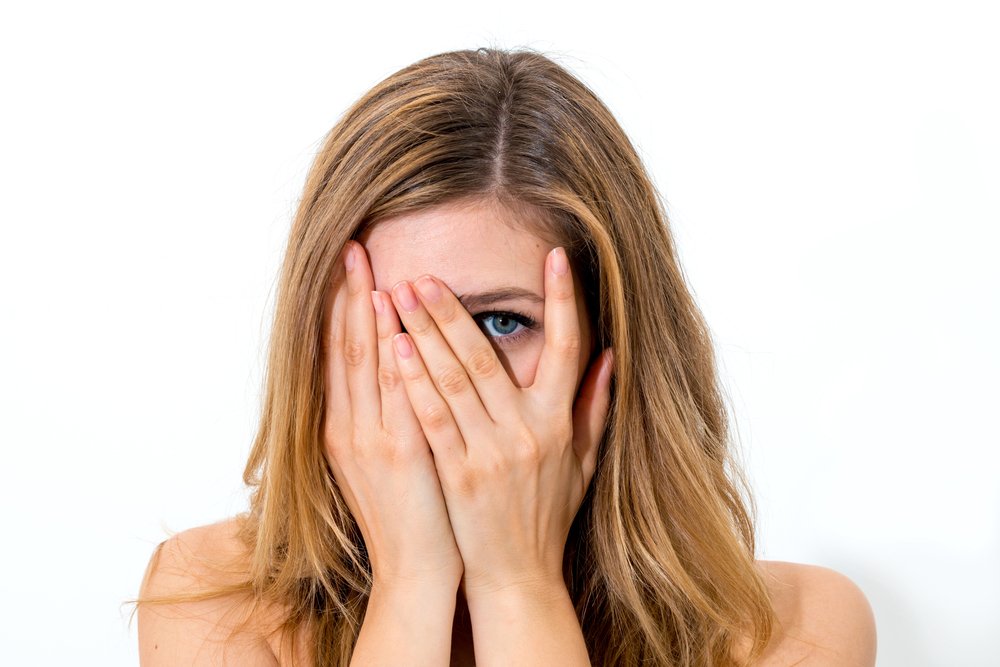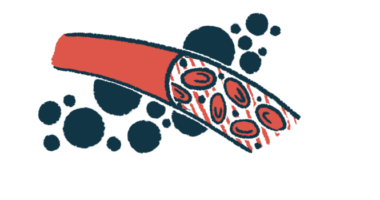Anxiety and Depression in PAH Patients Could Be Eased with Psychosocial Therapies, Review Study Suggests

Non-pharmacological approaches such as relaxation training, slow breathing, and cognitive behavioral therapy could help lessen anxiety and depression in patients with pulmonary arterial hypertension (PAH), according to a review study.
The research, “Anxiety and depression in patients with pulmonary hypertension: impact and management challenges,” was published in the journal Vascular Health and Risk Management.
PAH progression negatively affects patients’ autonomy in daily activities and in the work environment, often leading to a lower quality of life and such psychological disorders as depression and anxiety. Despite the recent development of more effective therapies, patients with PAH and their caregivers still face many challenges.
Scientists from the Istituti Clinici Scientifici Maugeri, in Italy, conducted a review of studies published between 2004 and 2018 to explore the prevalence and impact of mental disorders such as anxiety and depression in PAH patients and caregivers, and to propose management approaches.
Results of the different studies showed that the prevalence of depression in PAH patients ranged between 7.5% and 53% — significantly higher than in the general population (6.7%). Anxiety and panic disorders also occurred in 19% to 51% of PAH patients.
In particular, a 2004 study showed that panic disorder and panic attacks were more frequent in patients with pulmonary hypertension than in primary care patients, and that the prevalence of mental disorders in these patients increased significantly as the disease progressed.
Want to learn more about the latest research in Pulmonary Hypertension? Ask your questions in our research forum.
Several studies have also shown that a lower quality of life correlates with more severe depression and anxiety in PAH patients, suggesting the need for specialized support to address these disorders.
Few studies have investigated the impact of psychological disorders on caregivers, but the data available suggests that they also experience physical, social, and emotional stress.
A research study in 35 PAH patients found that 14% of their caregivers had depression, and that its severity was associated with low levels of social support. A survey in Europe indicated that a high percentage of caregivers reported that PAH has a marked effect on day-to-day life, often leading to exhaustion. Financial stress from PAH treatments was also highlighted in a study in China.
Overall, “these studies underline that caregivers of patients with PAH play a significant role in patients’ medical care and self-management, yet they lack sufficient emotional support or information to meet the demands of caregiving,” the researchers wrote.
Although the 2015 guidelines of the European Society of Cardiology (ESC) and the European Respiratory Society (ERS) recommend psychosocial support be offered to PAH patients, different studies showed that only a small proportion of this patient population receives such care.
The team suggested that PAH patients be referred to a psychiatrist and/or a psychologist when appropriate, and that healthcare professionals should ensure patients are aware of support organizations.
“Encouraging patients and their families to join patient support groups can have positive effects on coping, confidence, and outlook and provide practical assistance,” the researchers wrote.
The team also suggested that non-pharmacological interventions — including relaxation training, slow breathing, and cognitive behavioral therapy (CBT) — could be an important source of support, with the ESC/ERS guidelines recommending that multidisciplinary teams be involved.
In fact, a 2017 study on 15 patients with PAH showed that a program including aerobic and resistance training, respiratory exercises, slow breathing, relaxation, and psychological intervention, significantly improved the patients’ quality of life, with marked decreases in their levels of anxiety and depression.
The CBT sessions (four to 10 per patient) encouraged patients to use alternative cognitive and/or behavioral coping skills to lessen the severity of their symptoms — by increasing awareness about disease symptoms and their associated emotional reactions, changing negative behaviors, and helping them to cope with uncertainty and making life adjustments.
In the study, patients also learned progressive muscle relaxation (PMR) — intended to achieve a deep state of relaxation — and slow breathing techniques to lower their respiratory rate.
“This study indicates that health psychology could offer a promising adjunct to medical treatment to symptomatic PAH patients,” the team wrote.
Current guidelines to address anxiety and depression in the general population recommend the combination of medicines and psychotherapy, mainly CBT. The team believes that CBT, as well as other techniques, could be beneficial to PAH patients.
As for pharmacological approaches, selective serotonin reuptake inhibitors (SSRIs), a type of antidepressant, have led to contradictory results as potential PAH treatments. Other classes of antidepressants have also been associated with greater risk for PAH.
“In any case, this study was not able to verify any possible effect of SSRIs on depression and on the evolution of patients with PAH,” the team noted.
The team concluded that its data “demonstrate a common underestimation of mental disorders by health professionals,” and the need to implement “appropriate methods of screening for mental disorders in PAH patients.”
The researchers hope to call attention to the psychological and social aspects of PAH, and to the importance of introducing routine psychological interventions in PAH care.







